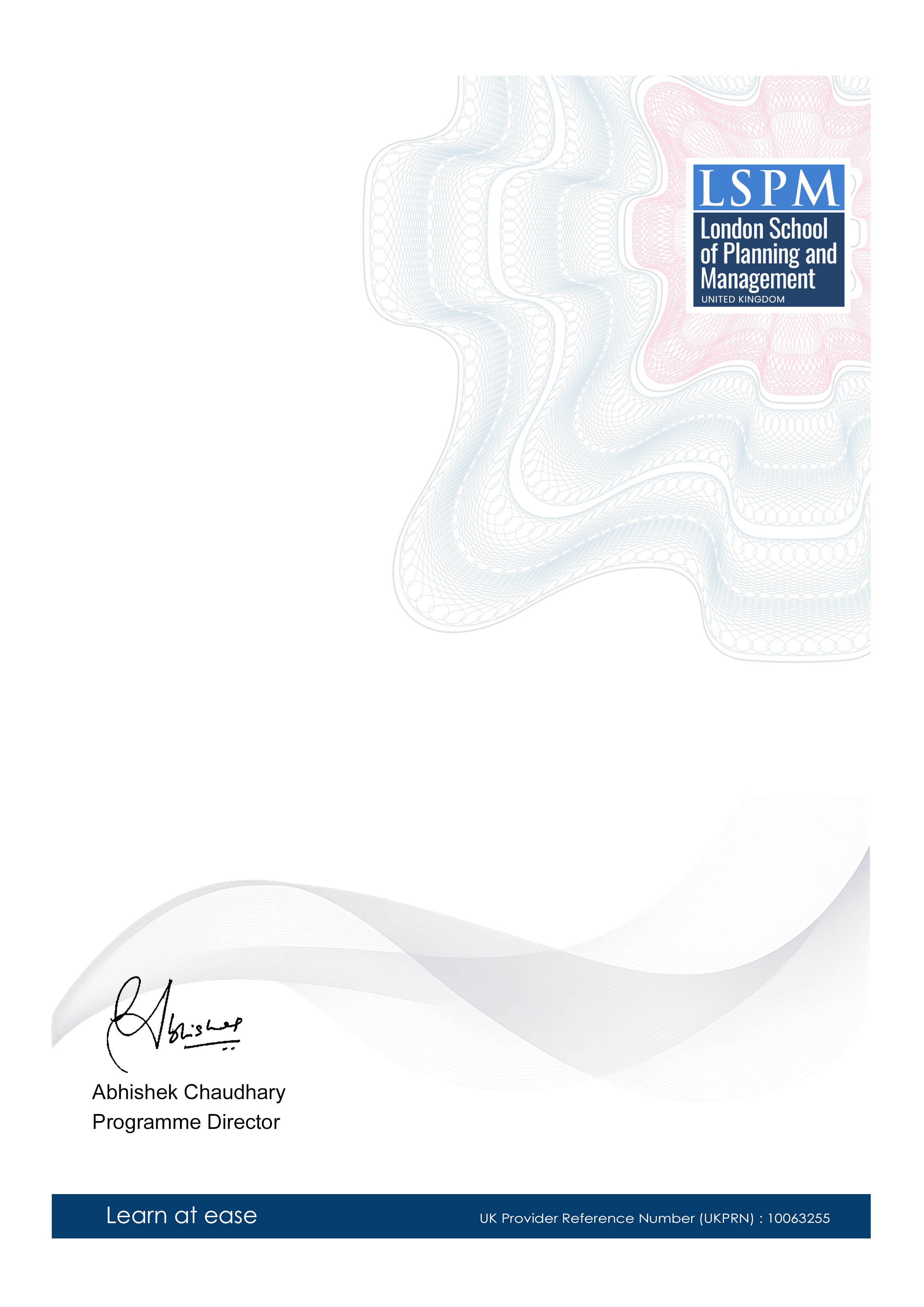Certificate Programme in Foodborne Illness Prevention Assessment
-- viewing nowThe Certificate Programme in Foodborne Illness Prevention Assessment is a comprehensive course designed to equip learners with critical skills in identifying, preventing, and managing foodborne illnesses. This program is crucial in the food industry, where safety and hygiene are paramount.
7,186+
Students enrolled
GBP £ 149
GBP £ 215
Save 44% with our special offer
About this course
100% online
Learn from anywhere
Shareable certificate
Add to your LinkedIn profile
2 months to complete
at 2-3 hours a week
Start anytime
No waiting period
Course details
• Fundamentals of Foodborne Illnesses: Introduction to foodborne illnesses, their causes, and consequences. Understanding common foodborne pathogens and how they affect human health.
• Food Safety Regulations: Overview of domestic and international food safety regulations, guidelines, and standards. Compliance requirements and enforcement mechanisms.
• Hazard Analysis and Critical Control Points (HACCP): Principles and implementation of HACCP systems in food establishments. Identification of critical control points and establishment of monitoring procedures.
• Sanitation and Cleaning Practices: Best practices for sanitation and cleaning in food establishments. Understanding the importance of personal hygiene, cross-contamination prevention, and maintaining a clean and safe working environment.
• Temperature Control and Time Management: Importance of temperature control and time management in food preparation, storage, and service. Understanding the risks associated with temperature abuse and the importance of time-temperature controls.
• Supply Chain Management: Understanding the importance of supplier selection, monitoring, and verification. Best practices for receiving, storing, and handling food from suppliers.
• Foodborne Illness Prevention Assessment: Principles and procedures for conducting foodborne illness risk assessments in food establishments. Techniques for identifying and mitigating food safety hazards.
• Incident Response and Reporting: Procedures for responding to foodborne illness incidents, including investigation, reporting, and corrective actions. Strategies for preventing future incidents.
• Training and Continuous Improvement: Importance of ongoing training and continuous improvement in food safety management. Strategies for maintaining and improving food safety knowledge and skills.
Career path
Entry requirements
- Basic understanding of the subject matter
- Proficiency in English language
- Computer and internet access
- Basic computer skills
- Dedication to complete the course
No prior formal qualifications required. Course designed for accessibility.
Course status
This course provides practical knowledge and skills for professional development. It is:
- Not accredited by a recognized body
- Not regulated by an authorized institution
- Complementary to formal qualifications
You'll receive a certificate of completion upon successfully finishing the course.
Why people choose us for their career
Loading reviews...
Frequently Asked Questions
Course fee
- 3-4 hours per week
- Early certificate delivery
- Open enrollment - start anytime
- 2-3 hours per week
- Regular certificate delivery
- Open enrollment - start anytime
- Full course access
- Digital certificate
- Course materials
Get course information
Earn a career certificate

